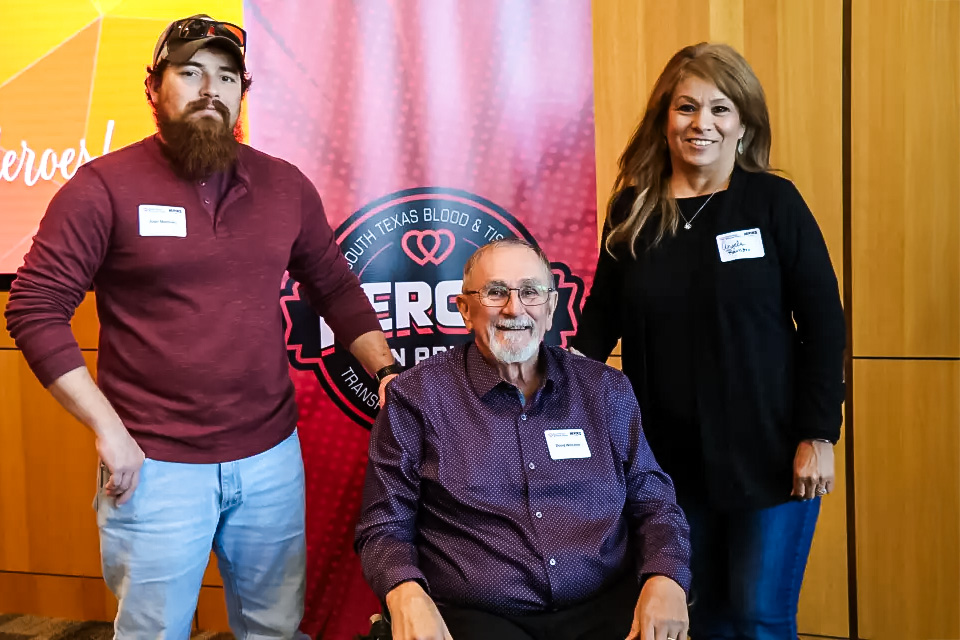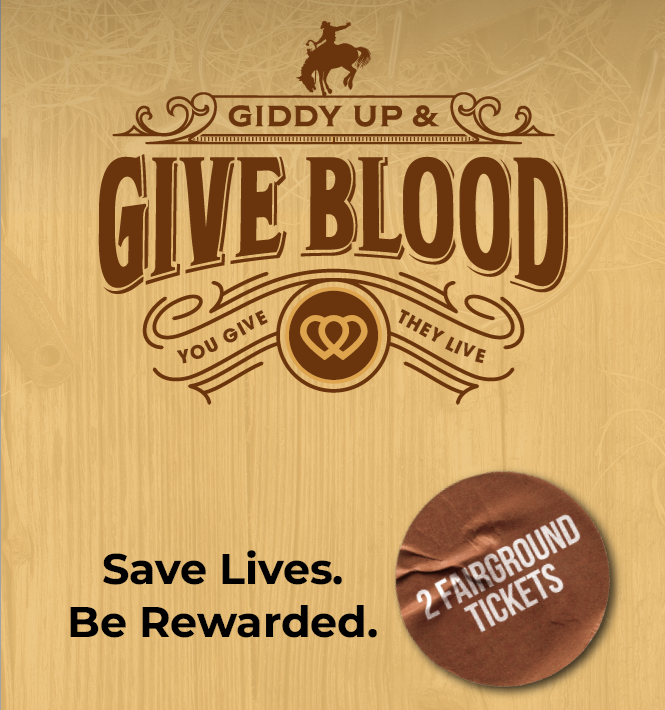A recent blood donor was curious about the series of questions we ask before every donation, questions that at times can seem very personal.
It’s simple: The U.S. Food and Drug Administration, which is responsible for protecting the health of both donors and patients, requires us to ask them.
They’re part of a multi-layered system designed by the FDA and blood centers across the nation to keep the blood supply as safe as possible. By the way, you can fill out the questionnaire online, at home, the day of your donation.
The questions on the blood donor questionnaire help us find out if you’re in good health and free of any diseases that could be transmitted via transfusion.
In addition to the donor screening questionnaire, the safety system also includes:
- Testing for signs of infectious diseases, including hepatitis and the virus that causes AIDS
- Regularly updated lists of donors who have been asked not to give for one reason or another
- Quarantine of all donated blood until testing is complete
- Thorough investigations of problems with the handling or testing of donated blood
More about blood safety is outlined on the websites for the Centers for Disease Control and Prevention and American Association of Blood Banks.
Here’s the reasoning behind some of the questions on the on the blood donor questionnaire, which is updated periodically to follow new guidance from the FDA:
- Travel: We ask where you have been outside the United States to make sure you haven’t been exposed to diseases or neurological conditions that were (or are) found in some parts of the world.
- Unsafe activities: We ask about what the FDA has determined to be unsafe activities, which could lead to conditions like hepatitis or an HIV infection.
- Vaccines: We ask about vaccinations because some vaccines (though not the current ones for COVID-19) are made with an inactivated form of a virus that could cause a reaction in some patients.




